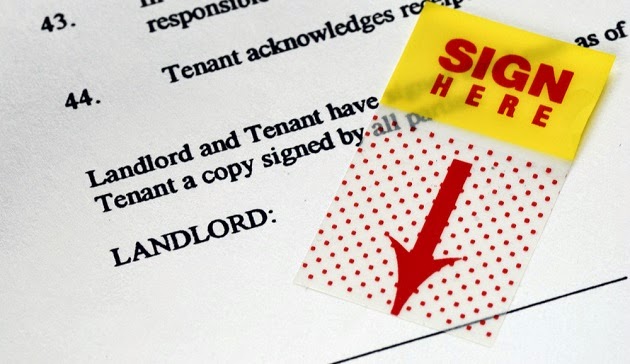The first rule of real estate: if a deal sounds too good to be true, then it probably is.
Like all industries, the property sector attracts its share of scammers hoping to con would-be buyers and renters out of their hard-earned savings. Fortunately, there are ways you can safeguard yourself against property fraud.
To help you spot the fraudsters, here’s a rundown of the most common real estate scams – plus some advice on how you can avoid getting ripped off.
These scams take advantage of the online real estate marketplace by copying legitimate property listings, reposting them elsewhere and posing as the agent or landlord who is leasing the property. The scammers will usually ask for the security deposit or another down payment upfront. Often they will ask you to wire money in advance while a contract is being drawn up.
How to avoid getting scammed:
- Never agree to wire money to someone you have not met in person.
- Always try to verify the identity of the person you are dealing with and confirm that they are a licensed real estate agent.
- Look for properties listed by well-known real estate agencies and trusted websites.
In this common scam, the prospective landlord or current owner says they are out of the country and unable to show you the property before you sign the lease or contract. They usually promise to send you the keys in the mail once the deposit has been paid in advance.
How to avoid getting scammed:
- Always insist on inspecting the property yourself.
- If the landlord or agent says this is not possible because they are overseas or unavailable, then walk away from the deal.
Requests for personal details
Somebody contacts you from out of the country and inquires about buying or renting a property you have listed. In the process, they usually then request your personal information or banking details, which is used to steal your identity or rob money from your account.
How to avoid getting scammed:
- Never provide your bank account details or personal identification details to an unknown source over the internet.
- Never provide your credit card verification code to anyone.
Loan sharks and predatory lending
The elderly, low-income earners and inexperienced homebuyers are the principal targets of this type of scam. In predatory lending practices, home loan scammers take advantage of the most vulnerable by enticing them to sign up for mortgages with excessive fees and high interest rates. People who are tricked into paying more than they can afford risk ending up with a bad credit rating and can even lose their home.
How to avoid getting scammed:
- Do your research about the lender and don’t be fooled into signing on for a bad deal.
- Set a budget and do not exceed it. Do not let anyone convince you to borrow more money than you can afford to repay.
- Report anyone you suspect of engaging in predatory lending to the authorities.
Title fraud
This type of property fraud can be extremely devastating. Essentially it is a form of identity theft in which the scammer poses as the homeowner and uses fake documents to transfer the property into his or her name. They then get a new mortgage against the property, take the cash for themselves and leave the homeowner liable for the repayments.
How to avoid getting scammed:
- Ask your home insurance provider about title insurance, which provides the best protection against this type of fraud.
- Secure your personal data and never give away your personal documentation to an unknown source.





Walang komento:
Mag-post ng isang Komento